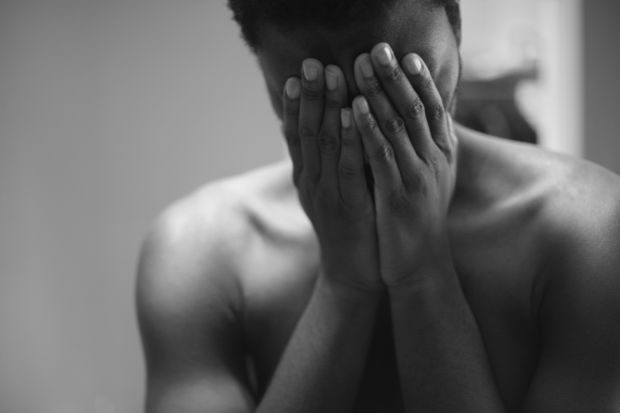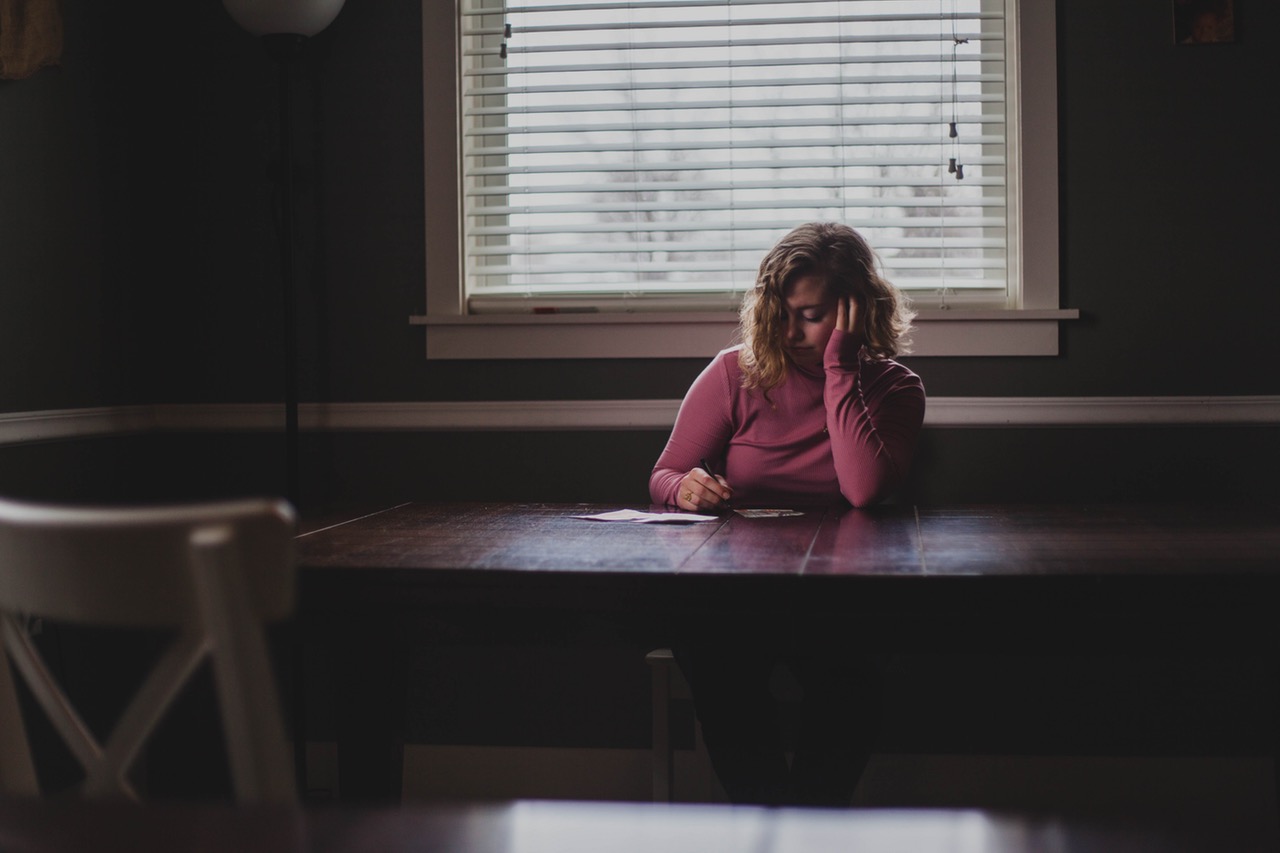People die all the time, but there is still a great deal of stigma attached to suicide. Most people do not know how to react when someone commits suicide. There is a general feeling that the person was somehow ‘weak’ and that suicide is a ‘sin’. Because there is a lingering stigma attached to suicide, it can be hard to find the right support when a loved one dies at their own hand. This article is no substitute for professional counseling, but it might help you understand you are not alone.
Guilt and Remorse
There is often a misplaced sense of guilt in those left behind. It is only natural to wonder if you could have done something to prevent the suicide or question whether you were directly responsible for that person’s death. The guilt many relatives and loved ones feel make it harder for them to seek help.
Existing family tensions may be magnified under the spotlight of the ‘blame game’. Guilt can lead to people blaming others for their perceived failures, causing pain, family rifts, and an increased sense of isolation for those left behind.
No Warning
What you need to understand is that suicide often occurs without warning. Most suicides happen out of the blue. Victims are often very adept at hiding their issues. The outside world sees a happy, normal person going about their everyday life, so when this person kills themselves unexpectedly, the shock is overwhelming.
You may not even know why it happened; not all suicide victims leave a note explaining their thought process. This makes it even harder to deal with.
Dealing with the Aftermath
The immediate aftermath of a suicide is often a huge shock, especially if there were no warnings. If the person took their life at home, practical issues may come to the fore in the first instance, such as dealing with the authorities and suicide cleanup. There may be a police investigation to deal with, followed by an inquest. The person’s body may not be released for some time, which will delay the funeral. All of this adds further levels of pain to an already traumatic event.
How to Cope
There are no shortcuts to dealing with a suicide. This is a grieving process like no other, but despite the sense of isolation you may feel when a loved one takes their own life, there is help and support out there.
Do not isolate yourself in the aftermath of a suicide. It is very common for friends to disappear because they don’t know what to say, but try to reach out to the people in your immediate circle. You need support and comfort during this difficult time.
Try to take some time away from work. Most employers will be sympathetic, but if not, use your vacation time or ask for medical leave. If you do have to work, don’t expect to perform at your normal level. Grief affects us in a myriad of ways and you won’t be up to speed for a long time.
Ask for Help
If you are struggling with the emotional fallout of a suicide, seek professional help. We all need support sometimes, so there is no shame in admitting you are not coping.











